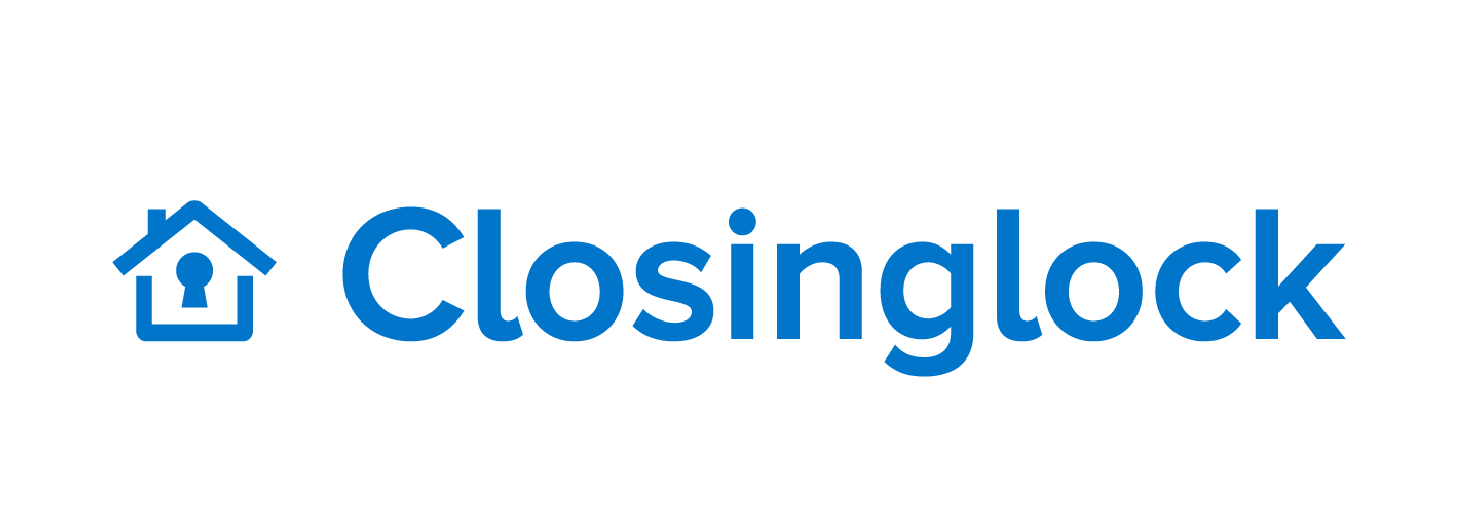
The Gold Standard Title Company of Maine Since 1986.
We are Maine’s premier title company offering title and closing services statewide.
Purchasing or refinancing a home can feel like a daunting and complex process for both buyers and sellers. That’s where we come in—our experienced team of professionals will manage all aspects of the title and closing process with precision and efficiency.
7 Convenient locations
Central Maine Title Company, INC
(Our Sister Company)
Phone: 207.622.7505
78 Winthrop Street
Augusta
Bangor
(Closing Only Office)
Phone: 207-899-4900
12 Depot Street, Suite 3
Kennebunk
Rangeley
scarborough
Windham
Lincoln
Our Underwriters

Take it from our clients
“Our loan officer recommended that we use Cumberland Title to handle the closing when we purchased our camp in Maine. The title search and home inspection process revealed some issues with the boundary lines and setbacks. The title attorney at Cumberland Title jumped right in to explain the issues to us and our realtor. Cumberland really helped us by explaining the situation and walking all parties through the solution”
-Beth
The Best things in life are Free
!
The Best things in life are Free !
Whats better than saving your clients money?
Cumberland Title offers free title & closing services on properties with a sales price or loan amount of $600,000 or more with the purchase of an owners policy of title insurance.*
*Please ask your processor to apply this discount on behalf of your clients.
The Best things in life are Free
!
The Best things in life are Free !
We prioritize security and transparency in every real estate transaction. That’s why we’ve partnered with ClosingLock, a trusted leader in transaction security. ClosingLock’s advanced platform is designed to:
Verify Party Identities: Ensure that every individual involved in the transaction is accurately identified and authenticated.
Securely Share Documents and Non-Public Information: Protect sensitive data with state-of-the-art encryption and secure file-sharing capabilities.
Verify Incoming and Outgoing Funds: Monitor and confirm the secure transfer of funds throughout the closing process.
By integrating ClosingLock into our workflow, we enhance the overall integrity and efficiency of our closings, giving you added peace of mind from start to finish. To learn more about their innovative security solutions, please visit the ClosingLock website. Fraud Prevention Software for Real Estate | Closinglock






